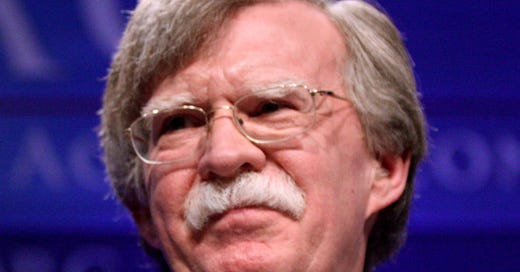An Interview with John R. Bolton on the Proper Role of Government
John R. Bolton presents his ideas on the proper purpose of government and on various issues facing America today.
Keep reading with a 7-day free trial
Subscribe to The Objective Standard to keep reading this post and get 7 days of free access to the full post archives.




